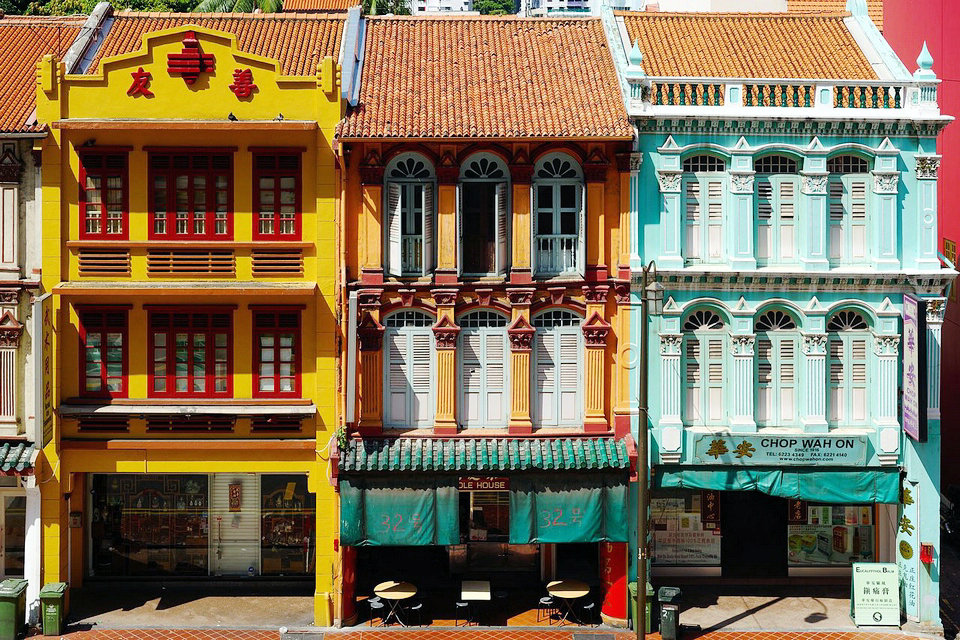Sino-Portuguese architecture (Chinese: 中葡建築, Thai: สถาปัตยกรรมจีน-โปรตุเกส or ชิโนโปรตุกีส) is a hybrid architecture style incorporating Chinese and the Portuguese architecture styles. The style was traditionally common in wealthy urban centers where Chinese settlers lived in southern China and the Malay Peninsula, with a myriad of examples found across present day Peninsular Malaysia (i.e. George Town, Penang, Alor Setar, Kuala Terengganu, Kuantan, Ipoh, Kuala Lumpur, Klang, Seremban, Malacca), Southern Thailand (Phuket, Ranong, Krabi, Takua Pa, Phang Nga or Trang and Satun), Singapore, Macau and Hainan (primary Haikou).
History Sino-Portuguese of Phuket
Phuket is the old town or it was called the Old Phuket Town. Phuket has a rich history as a tin – mining country of the Siamese. The era of Western imperialism by 1511 (i.e. 2054), Portuguese settlers came to Phuket and the trade area port of Malacca. They have embraced western culture as well as western science and religion. They have built houses and their architectural style. Portuguese employs Chinese people to build houses and establishment for them. Houses and the establishment of Portuguese have mixed between Portuguese art and Chinese art together
Style of Sino-Portuguese
The characteristics of Chinese architecture – Portuguese architecture is a mix of European and Chinese art or namely “colonial architecture”. These older buildings were built by the Chinese, quality of construction has the design (painting) in Chinese format, but the structure of construction is Portuguese format. The construction majority theme is a two-storey commercial building or one floor. The wall has strength because wall gets to the weight of the tiles on the roof. Construct use roof curved tiles of architecture of Chinese. The pillar and structure have used art, Renaissance and neo-classical are European came to build.
Commercial building
Commercial building built at the in the 20th century (Since 1850). Commercial building is two-storey and one floor, followed usability of them. A large building will be the highest official office province governor. But will be open to the public and other special occasions. A home is a place for the whole family to remember both residential and business by front of house (the building) is used for trading and upstairs the rest is a private space.
The mansion
The mansion built on age King Rama V (1853–1910). The mansions is a 2 storyies building with a large brick wall and plaster with cement thick very strong. The mansion has interior decoration garishly and mansion uses architecture Portuguese in building a majority. One type is unique and distinctive of architecture is what the Mansion style European by it was built by Hokkien Chinese, them call is the Angmor-Lao.
Conservation
When 1994 (i.e. 2537), city municipal of Phuket, state agency, and private organization take part conservation of the Phuket old town. They promote to people in Phuket for them to recognizing the value of Sino-Portuguese architecture and history of the Phuket town. Conservation Sino-Portuguese specify an area of about 210 acres in this area is a local environmental art by the Ministry of Science, Technology and Environment issued a declaration. They promote the development of the building in its original form in order to the uniqueness of the Phuket town. Phuket owned building or building repair their house. There is encouragement to residents who conserve their own homes by getting certificate city municipal.
Source From Wikipedia
